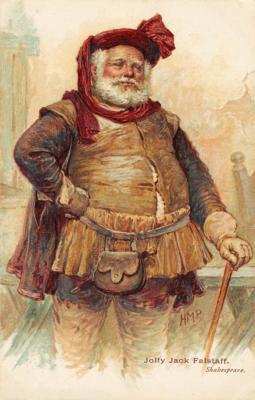Atkinson's article made me think of how TESOL practitioners would benefit from composition theory while composition practitioners would benefit from second language theory. Second language writers make mistakes, as do native speakers. How 2L teachers view those mistakes may be misguided, because if they expect fluency and accuracy as they learn the language, they might be surprised to find that native speakers have similar troubles. My point is this: writing is difficult for everyone no matter the level of skill. Hemingway rewrites the final page of a novel eighty times before he gets it right - why should we expect students (of any level or context) to go through an easier process?
Matsuda's history of the post-process movement seems to fit with this idea that Composition and TESOL are not simply branches of the same tree, but that they are the same branch. TESOL-ers have a stronger background in the cognitive and cultural development of language learners compared to composition instructors who are generally insulated within an American context. But how much could we learn from each other, considering American native-speaking students are still learning English at the college level; as am I still.
Quick point about Casanave's call for sociopolitical research: I'd love for my dissertation to be a case study to avoid years of data collection, but I don't agree that it should be sociopolitically-oriented. Call me a self-deluded hypocrite if you want, but I'd rather aim for a neutral classroom than one that is politically-driven. I wouldn't know where to start or what to agenda to set, anyway.
Subscribe to:
Post Comments (Atom)

Great comments, John. I'm interested in hearing more about your ideas on sociopolitical aspect of writing instruction. I wonder if any kind of teaching (just like writign) is disinterested and neutral.
ReplyDelete